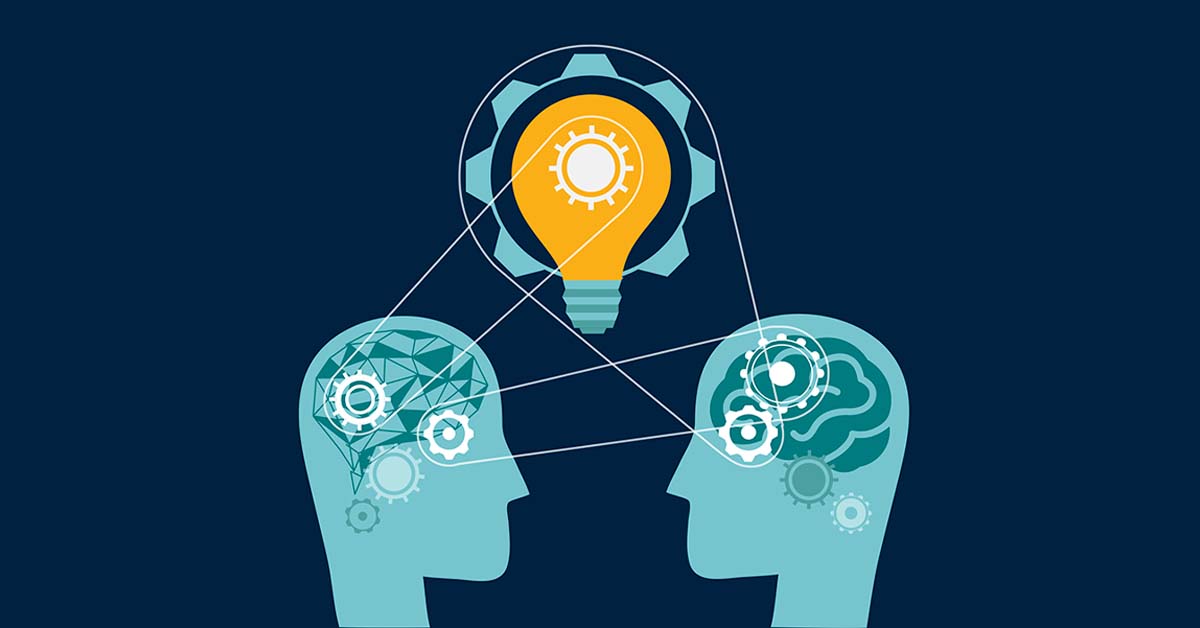In the era of artificial intelligence, let’s invest in human intelligence*
The European Commission considers it urgent to debate and adopt concrete measures to promote lifelong learning and the development of increasingly scarce soft and hard skills in the job market. That’s why it has established 2023 as the European Year of Skills.
The topic couldn’t be more relevant, considering that 3 out of 4 organizations today have difficulty hiring professionals with the desired skills, four out of ten adults lack basic digital skills, only 37% of adults receive regular training, and only one in six IT specialists and one in three graduates in Science, Technology, Engineering, and Mathematics (STEM) fields are women. These are some of the numbers released by the Digital Economy and Society Index (DESI), which challenge us to act quickly and effectively on the empowerment and preparation of our organizations’ human resources for a global digital economy, where technological change leads the transformation of markets, business models, and day-to-day operations at an unprecedented speed.
The first step is embracing change and accepting that this new digital era is irreversible and dramatically contributes to the global economy and the prosperity of companies and nations. A new era marked by a wide range of technologies and platforms that combine Generative AI, Machine Learning, Virtual Reality, Augmented Reality, cloud storage systems, shared services, blockchain technology, and robotics, among many others.
All organizations can be protagonists of this ongoing digital transformation, regardless of the sector (more or less digitalized) where they operate. Technology offers today a series of new growth possibilities for all. However, it is essential to remember that talent, skills, and human intelligence remain the most valuable and important resources at our disposal to keep up, improve, take full advantage of, and work in complete symbiosis with the increasingly intelligent machines we have at our disposal.
Technology companies are called to the forefront of this mission to show the importance of continuing to invest in human intelligence. This is because, although artificial intelligence can automate and perform many (increasingly) tasks, human thinking, and discernment, with all its nuances in data analysis and interpretation, are still essential to use technology in the most appropriate, ethical, and effective way possible.
By empowering people within and outside of IT to create their software solutions with Generative AI tools, for example, we are democratizing knowledge, multiplying innovation, increasing productivity, and transforming businesses and societies worldwide.
But only by combining human and artificial intelligence, leveraging the strengths and differentiators each one has to offer, will we be able to create a more inclusive, sustainable, and prosperous digital future for all. Let’s do it!
*This article was originally published in IT Insight.



